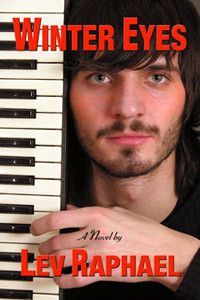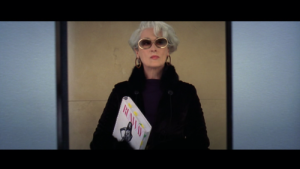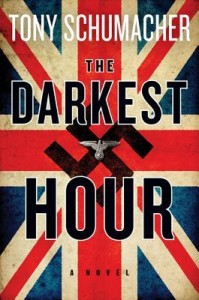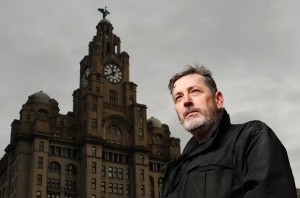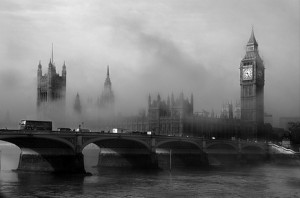The best way? Write something that’ll really stir people up.
One approach is to be super negative.
For instance, Adele’s new album has been breaking sales records and she has zillions of adoring fans. Imagine writing a blog that says 25 is crap, she’s over-rated, and not remotely as good as Lana del Ray or any other singer of your choice.
You’d be sure to get lots of hits and people would RT like crazy in their rage. But then among that crowd would also be lots of people who actually agreed with you–so you’d get those readers, too.
Another approach: Defend a common target of ridicule.
Example? Blog that the Kardashians have been misunderstood. Say they represent the best in family values. Say they stand for everything that makes America great. Given their high profile, one way of another, anything about them is likely to generate hits, and that’s what you’re after: click bait. A sexy title and photo or two helps. And some funny gifs.
Now, what do you then do about the myriad badly spelled, contemptuous emails from people who think you’re a total moron and should be put down like a rapid dog? Or just think you’re uppity and should crawl back into your hole? And the tweets that vilify you in worse terms? And the comments pointing out the smallest typo and trashing everything from your writing skills to your sanity?
Ignore them.
You’re not blogging to start a conversation or prove you’re God’s Gift to Blogging. Your aim is publicity, and the best way to generate that is by posting a controversial blog. But beware, that can happen even by accident.
So. Are you tough enough to handle it?
Lev Raphael is the author of The Edith Wharton Murders and 24 other books in genres from mystery to memoir.


